Truth be told, I’ve spent a lot of money on apparel just because it’s made from plastic bottles. I thought I was helping, until I read, Recycled Plastic is Everywhere—and It’s Harming the Planet.
“[H]ere’s the thing,” Elizabeth Segran wrote, “Every time you wash or wear that puffer, microscopic particles of plastic are released into the water stream, poisoning fish—and when you finally throw it out, it will not biodegrade.”
Uh oh.
Let’s face it—it’s hard to come up with innovative solutions to our pollution problem. But using biotechnology, companies are trying.
First up is Covalent, the high-end fashion brand from Newlight Technologies. They capture emitted carbon and turn it into accessories like glasses, purses, and phone cases. This prevents the use of virgin plastic materials and contributes to lowering the amount of lingering greenhouse gasses in the atmosphere.
Also making sustainable accessories is Swiss company Qwstion. They are making nearly 100% biodegradable bags using bananatex. This new material is made from bananas and biodegrades entirely. The backpacks and purses themselves have some metal hardware which is not biodegradable. Even so, the bag is a vast improvement over traditional purses made from synthetic materials. By the way, this new fashion material is another reason we need to make sure bananas are protected from disease.
Next up are the brother duo Nick and Steve Tidball who launched Vollebak, what Forbes called “a future-forward clothing tech company.” Besides clothes are designed to last for decades, they also have clothing made from 100% compostable materials, down to the ink for the printed designs. If you bury the shirt or their new pomegranate peels hoodie, it really turns to dirt. “According to Tidball, once you’ve finished wearing it, you can bury it back in the earth, and it will biodegrade in 12 weeks;” exponentially faster than the 20 – 200 years it takes standard polyester to decompose.
Emilie Burfeind is trying to do something similar with her Sneature creation. Using materials such as upcycled animal hair, corn leaves, and seacell this shoe is also entirely biodegradable. Unlike Covalent, Qwstion, and Vollebak, this shoe is not yet commercially available, but the potential for larger scale development is there.
Although the fashion industry has proven to move slowly when it comes to adjusting their production to help protect the environment, there are some maverick brands breaking through. And of course, the more we create a demand for these truly sustainable products, the more funds there will be to continue making them and pushing the industry in a more positive direction.




.jpg?itok=5epg0qxZ)
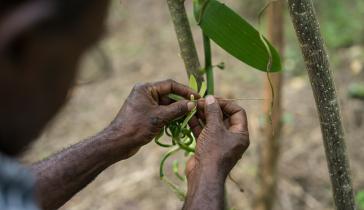
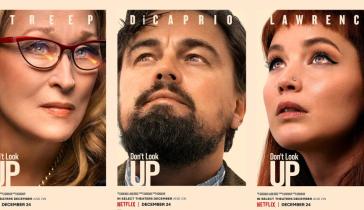
.jpg)
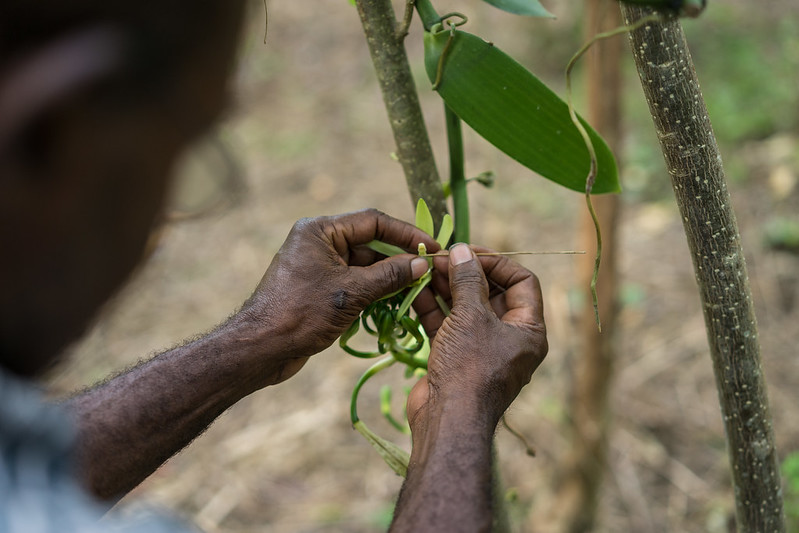
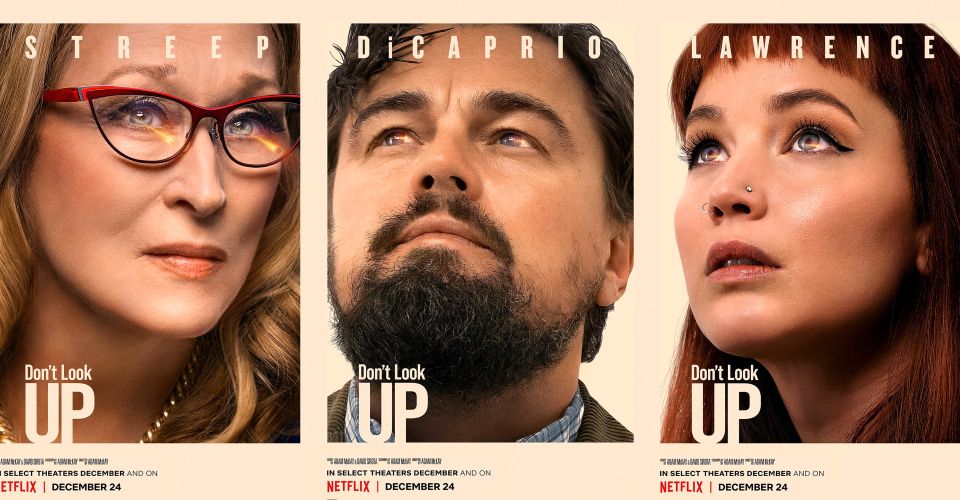
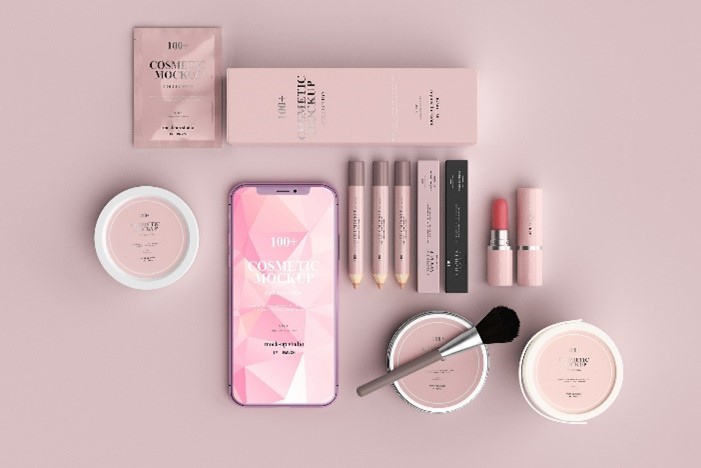

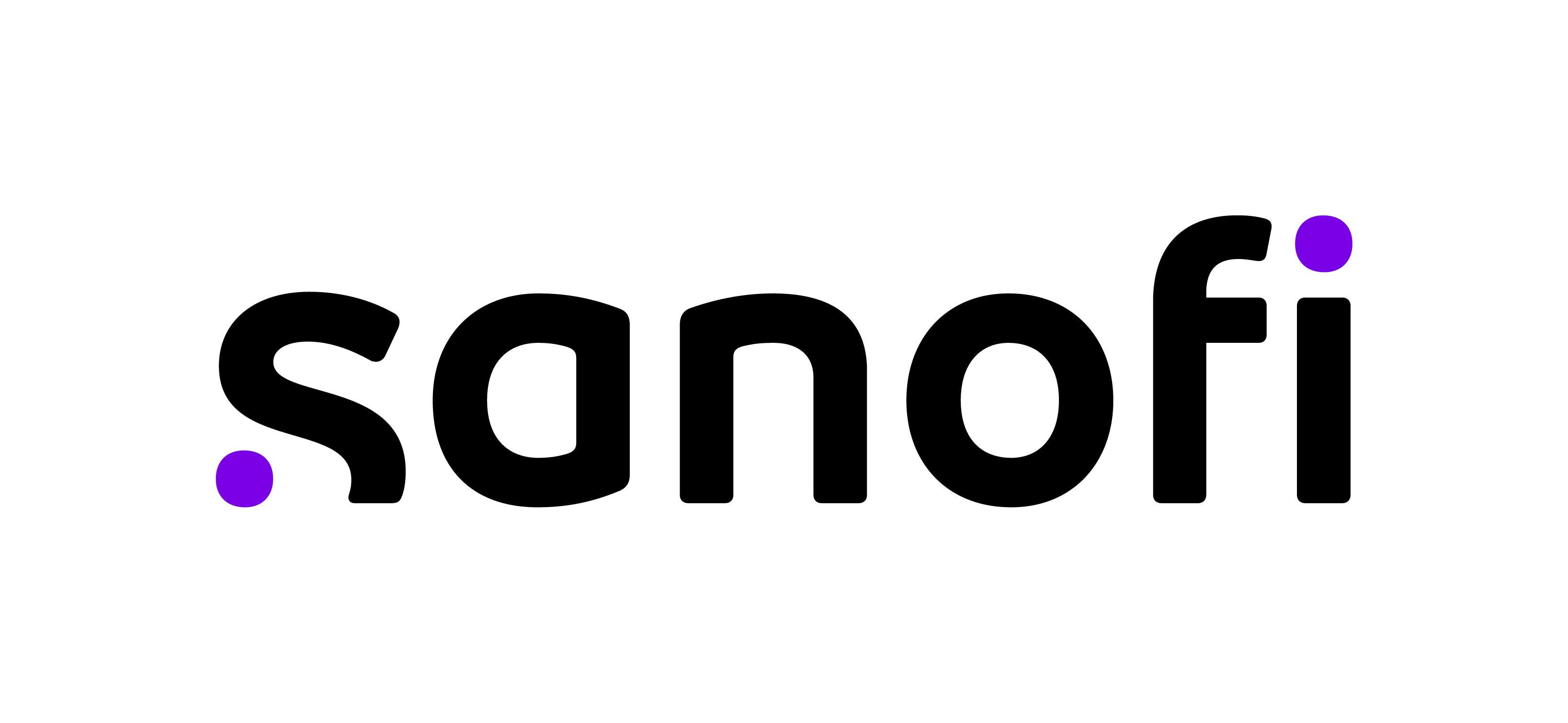






.png)


